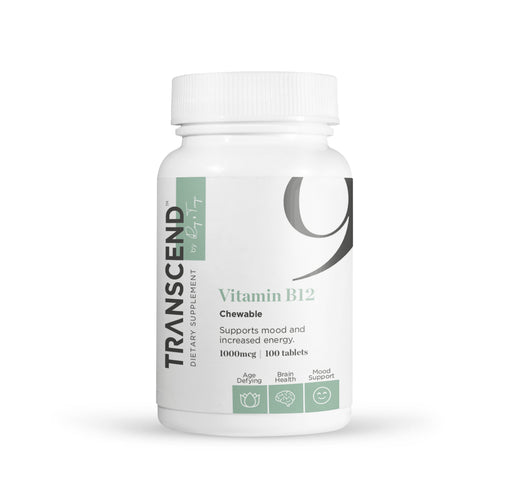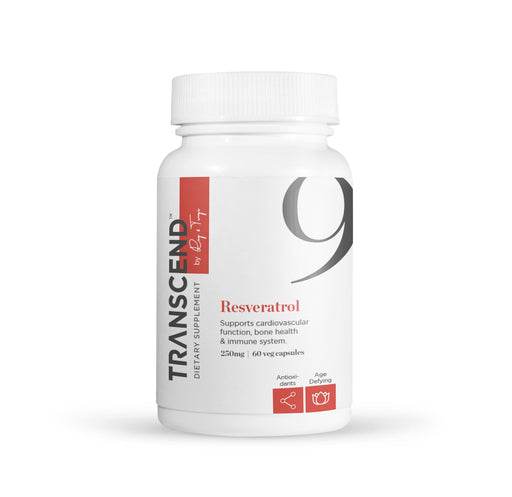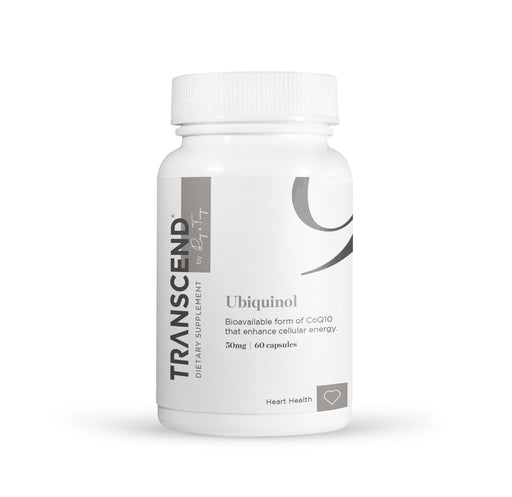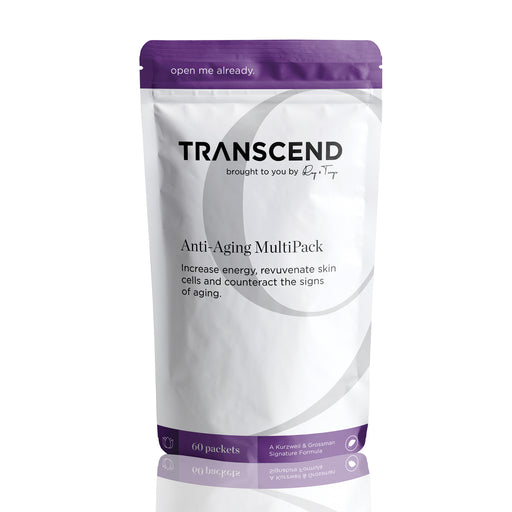
Vitamin B-12, Sublingual
Increased energy Improve mood Fight fatigue Common deficiency Better absorption Vitamin B12 (also called cobalamin) is one of eight water-solu...
View full details
What is Protein, and Why Does it Matter?
Life is built from proteins, and all proteins are assembled from amino acids. Your body requires a constant supply of these amino acids, some of which you can produce on your own. Essential amino acids, though, must be obtained through your food.
You may have heard that the best way to get all nine essential amino acids through your diet is by consuming complete proteins. These are often found in animal sources such as meat, fish, poultry, eggs, and dairy. While it’s true these animal sources contain all of the essential amino acids your body needs, you don’t have to rely on a meat-heavy diet to make sure you’re getting enough protein. In fact, there are risks associated with a diet that’s too dependent on meat.
Carnivores, Take Heed
Studies have shown that those who consume red meat at a higher rate have an increased risk of cardiovascular disease, colorectal cancer, type 2 diabetes, and total mortality. In 2015, the World Health Organization even classified red meat as a “probable carcinogen.”
Fatty meats, such as beef, pork, and lamb, are full of saturated fats and cholesterol. They can also contain high concentrations of pesticides, hormones, antibiotics, and other chemicals used in industrial agriculture. This can mean increased exposure to concentrated levels of toxins.
Learn more about Step 9 of TRANSCEND - Detoxification
Why a (Mostly) Vegetarian Diet can Work for You
Dr. Terry Grossman and Ray Kurzweil recommend that you consume most of your protein, around 50 to 60 grams per day, from vegetable sources. This can mean soy products, like tofu, tempeh, and miso, as well as other legumes, like beans, lentils, nuts, and whole grains. Avoid fatty meat, whole eggs, and whole milk products, which contain high levels of saturated fats and cholesterol.
You can still enjoy some animal protein, as long as you do so within reason. Try to limit consumption of animal protein to fish, or small (3 to 4 ounce) servings of lean meats, like chicken and turkey.
Do Vegetarians Really Live Longer?
In a study published in JAMA Internal Medicine, vegetarian diets were associated with reduced death rates. While not conclusive, these findings are supported by other studies that have linked non-vegetarian diets with increased mortality risks and found statistically significant decreases in mortality with a vegetarian diet.
Caloric restriction is known to have wide-ranging health benefits, including increased longevity, but not everyone finds it easy. If you, like Dr. Grossman, find strict caloric restriction difficult, you might find that a vegan diet makes it easier for you to reduce calories.
Need Help Getting Started?
“Okay,” you’re probably thinking. “I know I should cut back on meat. But will a diet of salads and tofu really be delicious or satisfying? Can it provide my body with the protein it needs?” Good news: you don’t have to subject yourself to bland or tasteless food to enjoy better health.
If you’re interested in pursuing a vegetable-forward diet but not sure where to start, check out TRANSCEND's Recipes for Longevity. Try Sautéed Quinoa Pilaf for a complete (vegetable!) protein with 6 grams of protein per serving, or Vegetarian Chili Verde for a simple, satisfying one-pot meal that contains 13 grams of protein.

Increased energy Improve mood Fight fatigue Common deficiency Better absorption Vitamin B12 (also called cobalamin) is one of eight water-solu...
View full details
Combat internal aging Protect cells from radiation damage Increase antioxidant capacity Take with lecithin for better absorption Optimal dose for...
View full details
2022 update: Future batches of this product will use a Ubiquinol product that is a greenish capsule rather than a red softgel Bioavailable form o...
View full details
A Kurzweil + Grossman Formula Continued Synergy between Science and Convenience Convenient dosage packets Top anti-aging products Increase energy...
View full details